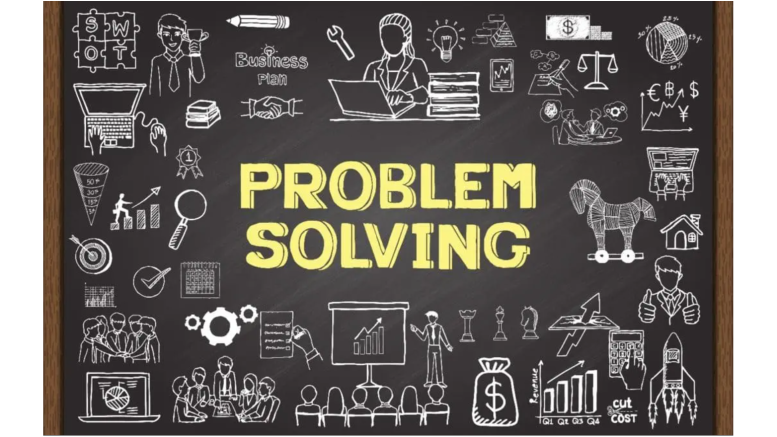Problem-solving is one of the essential skills required in today’s competitive landscape. It is a process of resolving issues or overcoming obstacles through a systematic action plan defined by clear goals and measurable outcomes. Companies prefer candidates who can help them address key business concerns and create an effective mechanism to resolve conflicts. According to the NACE’s Job Outlook 2024, nearly 90% of employers indicated they were seeking evidence of a student’s ability to solve problems. Problem-solving is the most important aspect of the communications profession. It involves demonstration of critical thinking, resilience, creativity, adaptability, analytical skills and emotional intelligence. As architects of brand personas, communicators offer their domain expertise to identify and address the concerns of organisations. They help brands in achieving their business goals with a concrete roadmap backed by an in-depth understanding of the market dynamics, challenges and opportunities. Communicators often need to engage with various stakeholders or lead complex conversations to achieve these goals. Mastering problem-solving skills can help them resolve complex business problems, optimise resources and achieve desired results.
Here are key elements of problem-solving skills:
Define the problem
Defining a problem is the first step of problem-solving. Understand the issue and its possible impact on the business and reputation. Every business has a unique set of challenges which sometimes require an unconventional approach and action. Research and analytical skills play an important role in understanding the various aspects of the issue through multiple lenses. Reports, case studies, and historical analysis are some of the ways of gathering information for references and creating an action plan. There are situations where one has to deal with multiple issues at a time. In such a scenario, prioritise the most critical problem and focus on resolving it.
Determine the scope of work
Once you define the problem, it is time to determine the scope of work. Avoid the temptation of assuming the probable outcome. Certain problems are complex and require more resources, team effort, and patience. Create a flow chart with budget estimation, timelines and measurable results. Set small targets with defined deadlines. At the same time be honest about your ability and limitations. Ask for guidance and help from your team and manager.
Be resilient and adaptable
Despite going by the rulebook, the plan sometimes goes to the south. We fail to get the anticipated result even after fulfilling all the requirements. Be flexible and make necessary amends in the action plan. Resilience is the ability to bounce back in difficult situations. Take a critical view of your strategy and restart with a fresh outlook. Failure can be disheartening but it always teaches lessons so that we do not repeat mistakes. Be a lifelong learner and seek advice from experts during difficult times.
Emotional intelligence
Problem-solving requires team efforts and collaboration. Tricky situations and tight deadlines can put your emotional intelligence to the test. Be clear in your communication and encourage creativity and feedback. Resolve conflicts with sensitivity to avoid their impact on interpersonal relations. Also, learn the art of delegation. You may be the first to take the initiative but delegate tasks to drive the results fast. Be clear in your messaging and define the KPIs of each team member. Keep your team members motivated through recognition and rewards. It will help you enhance the overall productivity of the team.
The views and opinions published here belong to the author and do not necessarily reflect the views and opinions of the publisher.



Be the first to comment on "How Problem-Solving Skills Can Help Communicators Shine in PR"